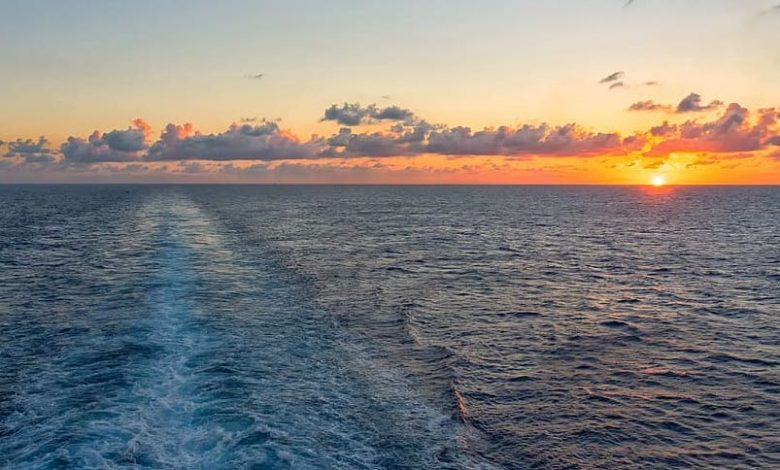Shippers rail against block exemption extension

The recommendation by the European Commission to renew the consortia block exemption regulation (BER) for a four-year period from April 2020 has been slammed by the Global Shippers’ Forum (GSF), who claim regulators have little idea how shipping actually functions.
The principal commercial activities that the BER allows are vessel sharing arrangements between shipping lines that allow a frequency and range of destinations to be offered to shippers by a pooling of vessel capacity on a particular route.
“The EU’s stated intention to renew the BER, while not unexpected, ignores the views of exporters and importers to and from the EU and their global suppliers and customers, who are concerned at continuing poor service levels in some trades served by consortia due to over-investment in capacity and seeming lack of competitive pressures,” the GSF stated in a release yesterday.
James Hookham, secretary general of the Tunbridge Wells, UK-headquartered GSF, said: “Shippers are well used to similar pooling arrangements in the aviation sector, which allows code-sharing arrangements to be established for the same aircraft. But these seem to be fully compatible with EU Ccompetition law without the need for a block exemption. What is it about the global shipping lines that warrants this form of exceptional treatment under competition law? We are not convinced by the commission’s arguments or conclusions.”
Hookham continued: “In our view the commission has missed the opportunity to ask the bigger questions about how the shipping sector got into its current situation of historically low shipping rates and over-capacity on many routes and whether the continuing exemptions from normal competition rules provided by the block exemption are the right remedy in the long term.”
Hookham said the commission looks set to “prop up” the shipping lines for a further four years without fully understanding why European manufacturers and retailers, together with their customers and suppliers around the world, as the users of container shipping lines, deserve better support and service from their competition authority.”
On the liner side, John Butler, who heads up lobbying group, the World Shipping Council, said last week: “Vessel sharing arrangements are an established and essential part of the liner shipping networks that carry the international trade of the European Union and the rest of the world. Consortia allow carriers to provide their customers with better services at lower cost, with improved environmental performance.”
Analysts at Sea-Intelligence discussed the controversial issue in their most recent weekly report.
“We have never shied away from our fundamental support of free markets and global trade, and we see little justification for why liner shipping should be afforded exceptional protections from normal antitrust regulations. On the other hand, it does seem quite likely that a lifting of the BER would limit smaller carriers from fully engaging in VSA/slot agreements, further widening the advantages of the mega-carriers, a challenge we view with considerable concern,” the Sea-Intelligence report posited.
In addition to the draft regulation, the commission also published a consultation road map, inviting comments on the road map by December 18, 2019, and on the proposed course of action set down in the draft regulation by January 3, 2020.
Following this consultation, the EC may decide to directly adopt or refine its proposal.
